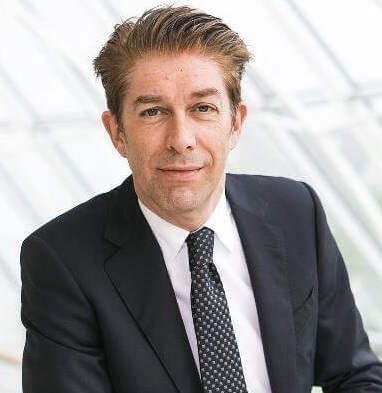- Leadership
Post-Pandemic Leadership Challenge
St Gallen’s Prof Winfried Ruigrok describes the three-part strategic and human capital challenge posed by COVID-19
First, a very large number of large and small companies are facing immediate liquidity problems. Under such conditions, managing liquidity positions and generating top-line revenues will be a top priority. Second, changed circumstances require new strategic answers. Many organizations will have to adjust their pre-COVID-19 strategies, structures and processes. And third, as if this is not yet enough, managers need to lead these simultaneous changes while keeping their colleagues and employees motivated and engaged.
The COVID-19 crisis is likely to usher in a shake-out, innovation and further specialisation. Many managers will upgrade their functional specialisation, as their firms are seeking to serve specialised markets. This process will be driven by digitalisation and new organizational forms, such as agile and virtual teams.
This specialisation will at the same time increase demand for executives who can connect the dots. Specialisation only generates value if senior executives can bridge fragmented units and expertise. In one scholarly paper, two colleagues and I showed how bridge-building CEOs may unite divided management teams in order to outperform their competitors.
At the Executive School we have programs to support organizations with all these challenges. For instance, our Customs unit is working with former CEOs of large multinational companies and top consultants in order to support companies with their restructuring efforts and strategy redesign. Our programs for senior board members and top executives offer platforms for discussing strategic leadership challenges and exchanging lessons learned. We help executives to understand the opportunities offered by digitalisation and new team structures.
Innovation and new strategies will generate uncertainty, even with competent and indispensable employees. Successful leaders have an open eye for this and will invest in their employees. The hard factors will be pre-eminent at the beginning of a restructuring process, but the soft factors will determine how successful ‘brainy’ ideas are implemented. After all, the soft side is the hardest.
Companies and individuals who want to survive this crisis will invest in their own development and in that of their colleagues.
If you are early in your career: look for a boss and a company who will support your development, e.g. by joining a Leadership Development Program or an MBA program. If you are in a leadership role: be the boss you wish you had had when you were younger and encourage your managers to improve their knowledge and skills, e.g. by pursuing an Executive MBA program.
The post-COVID-19 world will be a different one than before. This world will be shaped by innovative companies and their managers and employees. Ultimately, the COVID-19 challenge is a human capital challenge.
Professor Winfried Ruigrok is the Dean of the Executive School of Management, Technology & Law at the University of St. Gallen, Switzerland. He has been Dean since 2011 and Professor of International Management and the Director of the Institute for International Management, since 1996.
Our Executive Education programmes are characterised by its high level of relevance for current practical issues, by drawing on the latest results in research.
ARTICLES YOU MIGHT LIKE
RESEARCH
Why organizational resilience requires adaptive leadership particularly in times of crisis
DEVELOPING LEADERS QUARTERLY MAGAZINE AND WEEKLY BRIEFING EMAILS


































